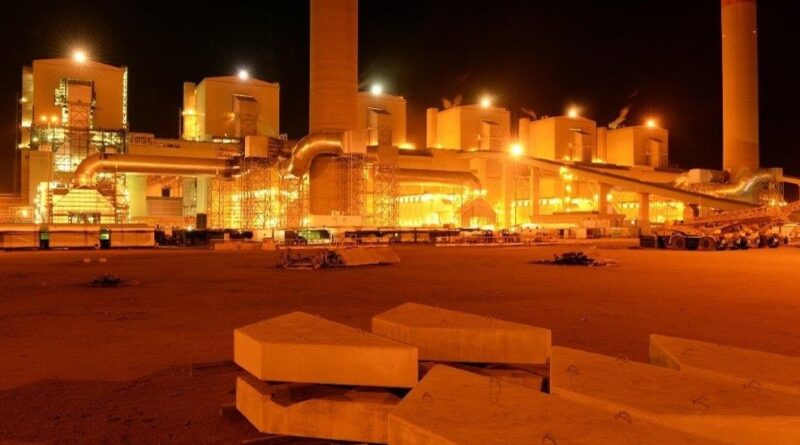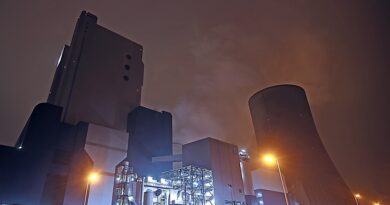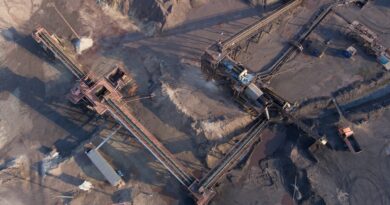Eskom updates on electricity availability: August to September 2024
For more than six months, South Africa has not experienced loadshedding. However, there was a decline in Eskom’s September Energy Availability Factor (EAF). In September, the utility reported an average 5.2% drop in the EAF, building on a 1% decrease in August.
While planned maintenance was ramped up by around 1,600 MW in September as the country moved out of the winter months, similar total maintenance levels were observed in June when the EAF was 63.1%. By contrast,
September’s EAF stood at 61.5%, which is relatively low. While efficiency losses are expected during the warmer months, and the absence of loadshedding is certainly welcome, a sustained improvement in the EAF remains essential as outlined in the IRP 2019.
Average electricity demand has decreased from the elevated levels experienced during the peak winter months of June and July. In August and September, average demand continued to decline, with September averaging 23,028 MW, closely matched by dispatchable generation.
Eskom’s submission of the Multi-Year Price Determination (MYPD) 6 revenue application, proposes tariff increases of approximately 57% over the next three financial years
(FY2026-2028).
Conclusion
While the recent decline in Eskom’s EAF and the increased reliance on OCGTs in September are worth noting, the absence of loadshedding for more than six months is a positive development. Electricity generation has shown year-on-year growth, and the sector is likely to contribute positively to Q3 GDP. As demand normalises after the high-demand winter peak, and Eskom implements more planned maintenance, it will be important to monitor how these factors and proposed tariff increases influence future demand trends. With continued focus on improving the EAF, there is potential for greater stability in the energy supply, aligning with the goals of the IRP 2019. Naturally, issues concerning insufficient and ailing transmission and distribution infrastructure, and the need to decarbonise remain important despite the absence of loadshedding.




